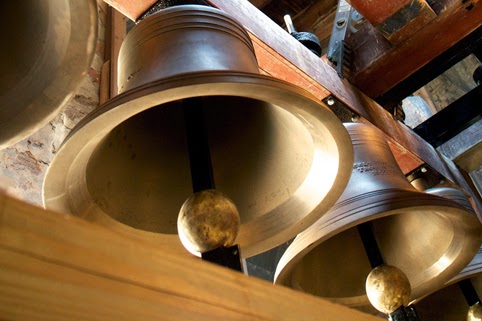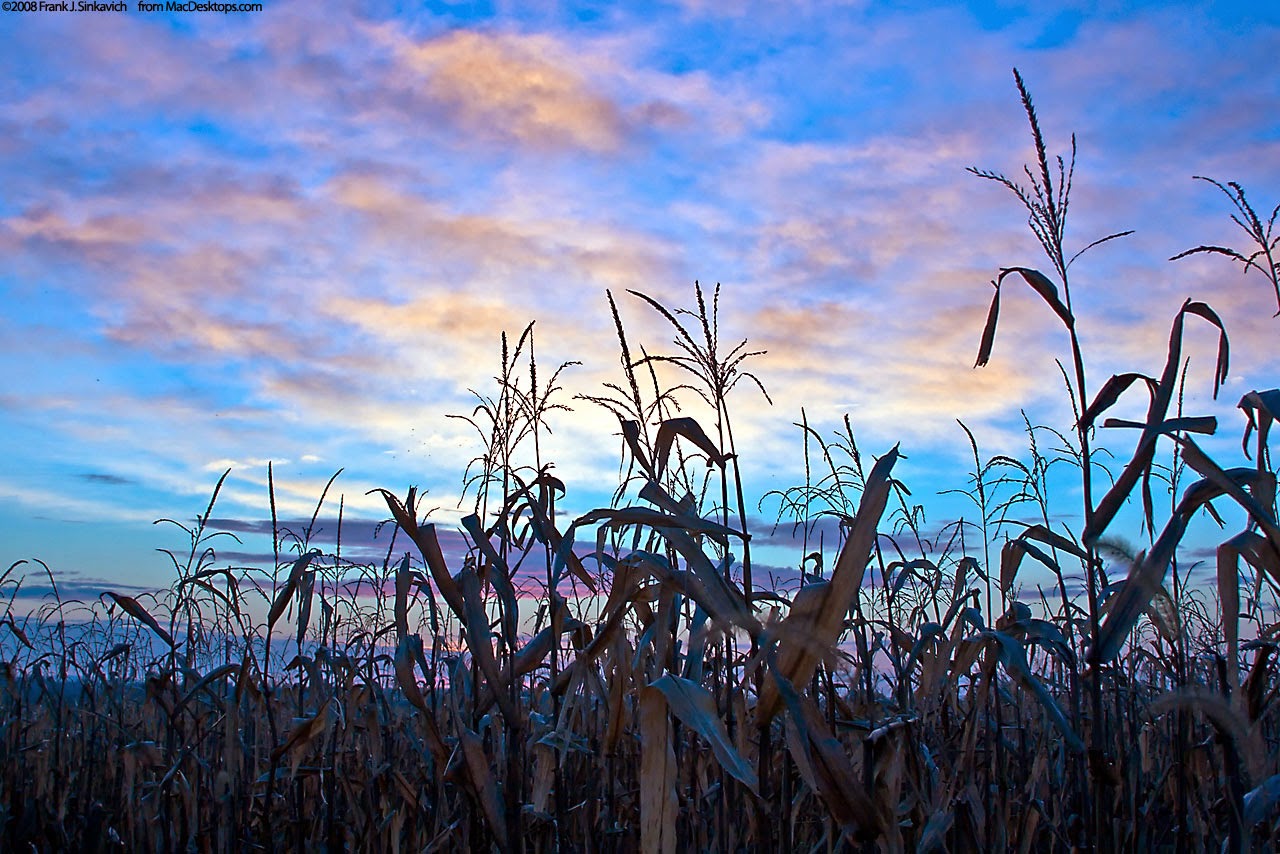The Devil Made Me Do It!

3dfreewallpapers.com (Google Images) The wait is over. Jesus appears at the Jordan where John the Baptizer is at work. He comes, not to observe the work of His cousin, but to ask John to baptize Him. John is reluctant until the Lord says: “ It is proper for us to do this to fulfill all righteousness ” (Matthew 3:15). There are several explanations as to why Jesus, the sinless One, would submit to this rite. Perhaps the simplest one is that John’s ministry was of God so that what he, as God's voice, asked people to do must be obeyed. Both as fully God and fully Man, obedience to God’s command was absolutely essential for Jesus. But after the glory of the event at the Jordan, and with the seal of God’s approval through the descent of the Spirit and the voice of God, Jesus is led by that Spirit into the desert to be tempted by Satan. It seems like an inglorious way to start a ministry. The experience at the river would have made a wonderful backdrop to, say, a great gathering ...
























